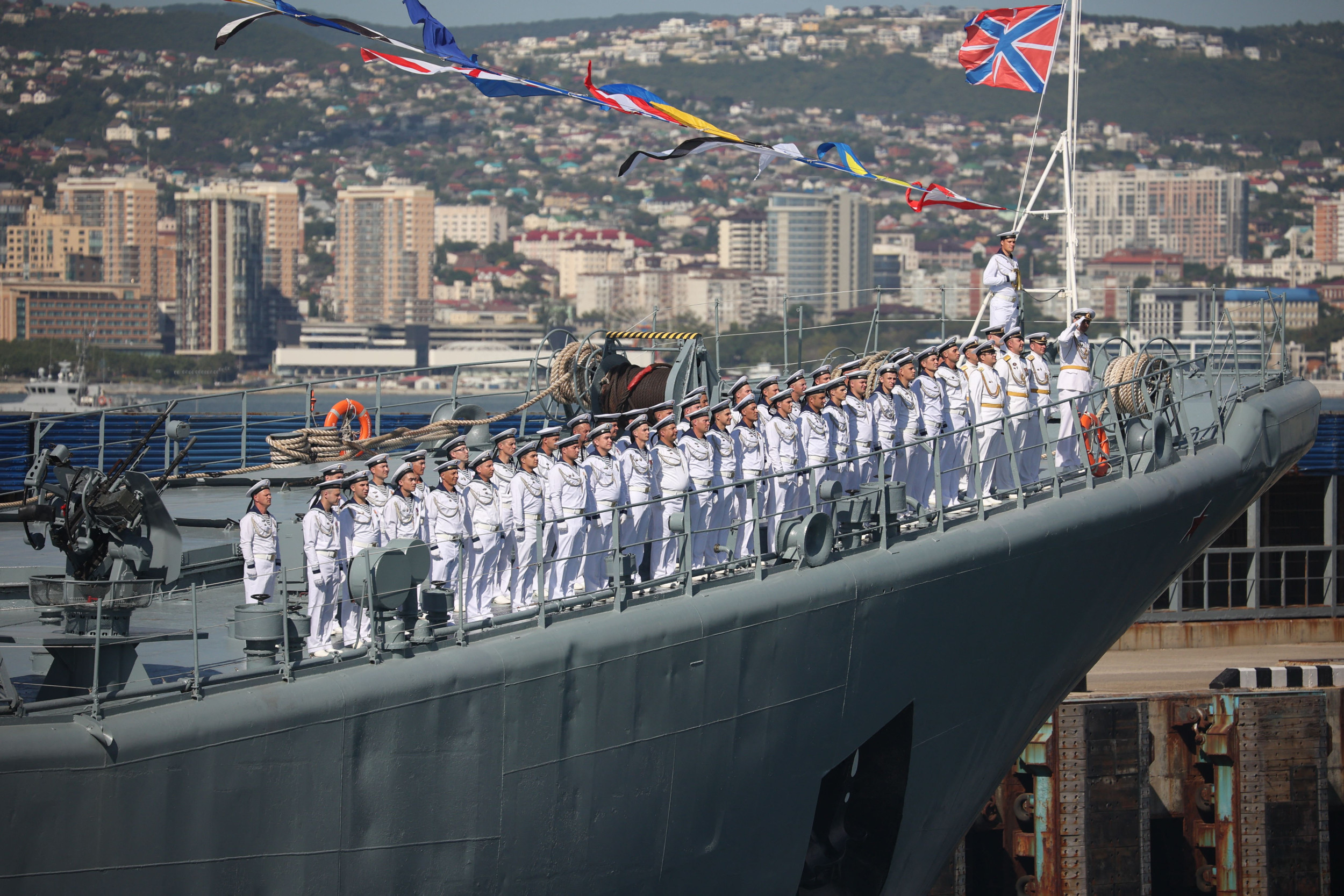Hezbollah's leader, Naim Qassem, has said in a televised address that the militant group would consider ceasefire negotiations if Israel halts its "aggression."
Meanwhile, Israeli airstrikes hit Beirut's southern suburbs early Thursday, targeting sites near Lebanon's only international airport.
The Israeli military had issued an evacuation order for the area, stating Hezbollah facilities were located nearby, though specific details were not provided.
Qassem's speech, which marked 40 days since the assassination of former Hezbollah chief Hassan Nasrallah, indicates that Hezbollah might be open to talks amid escalating regional violence.

Israeli Airstrikes Target Facilities Near Airport
In a significant escalation, Israel conducted multiple airstrikes early Thursday, hitting Beirut's southern suburbs, including one near Lebanon's international airport.
While there were no immediate reports of casualties, the Israeli military claims the strikes were aimed at Hezbollah facilities. Despite the airstrikes, Beirut's airport continues to operate, and national carrier Middle East Airlines has maintained its commercial flights.

The strikes come after Hezbollah has already reported significant casualties from ongoing confrontations with Israel, with the Lebanese Health Ministry stating that over 3,000 people have been killed and approximately 13,600 wounded in Lebanon alone since the outbreak of hostilities.
Intensified Ground Operations in Gaza
Alongside the airstrikes in Lebanon, the Israeli military announced an expansion of its ground offensive in northern Gaza. The operation now includes areas within Beit Lahiya, a heavily bombed town where Israel claims Hamas militants have regrouped. This escalation comes a month after Israeli troops launched their ground operation, focusing on northern Gaza in response to Hamas attacks.
The military reported that "troops started to operate" in the area based on intelligence regarding militant activity. The area, already heavily damaged from airstrikes, has seen thousands of residents forced to flee south while Israel continues its push against Hamas.
The expanded ground offensive has increased concerns about the humanitarian affect in Gaza, where resources are scarce and aid is limited. Israel's strategy to restrict aid entry into northern Gaza has compounded the challenges faced by displaced residents and civilians unable to evacuate.
New Law Allows Deportation of Families
Meanwhile, Israel's Parliament passed legislation early Thursday allowing the deportation of Palestinian family members accused of supporting or knowing about terrorist activities, including Israeli citizens.
Championed by Prime Minister Benjamin Netanyahu's Likud party and far-right allies, the law passed by a 61-41 margin and has sparked immediate controversy. Supporters claim the law is necessary to deter violence, but critics argue it unfairly targets Palestinian families and could face legal challenges while a potential violation of human rights.

The legislation enables the Israeli government to deport families of Palestinian attackers to Gaza or other territories, applying even to residents of annexed East Jerusalem. Critics of the law warn it may deepen tensions and could strain Israel's already contentious relationship with Palestinian communities.
The deportation law's approval reflects an intensified stance on security and a response to heightened tensions following the recent surge in violence between Israel and militant groups in Gaza and Lebanon.
It's been a little over a year since Hamas led the deadliest Palestinian militant attack in Israel's history on Oct. 7, killing some 1,200 people and taking roughly 250 hostages. Nearly 100 people remain in captivity, less than 70 of whom are believed to be alive. Israel subsequently launched its military operation in Gaza, killing some 43,000 Palestinians so far, according to Gaza's health ministry.
Local health officials don't differentiate between civilians and fighters.
This article includes reporting from The Associated Press






.png)













 English (US) ·
English (US) ·